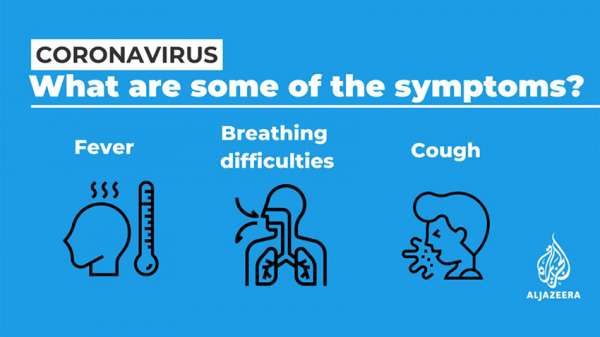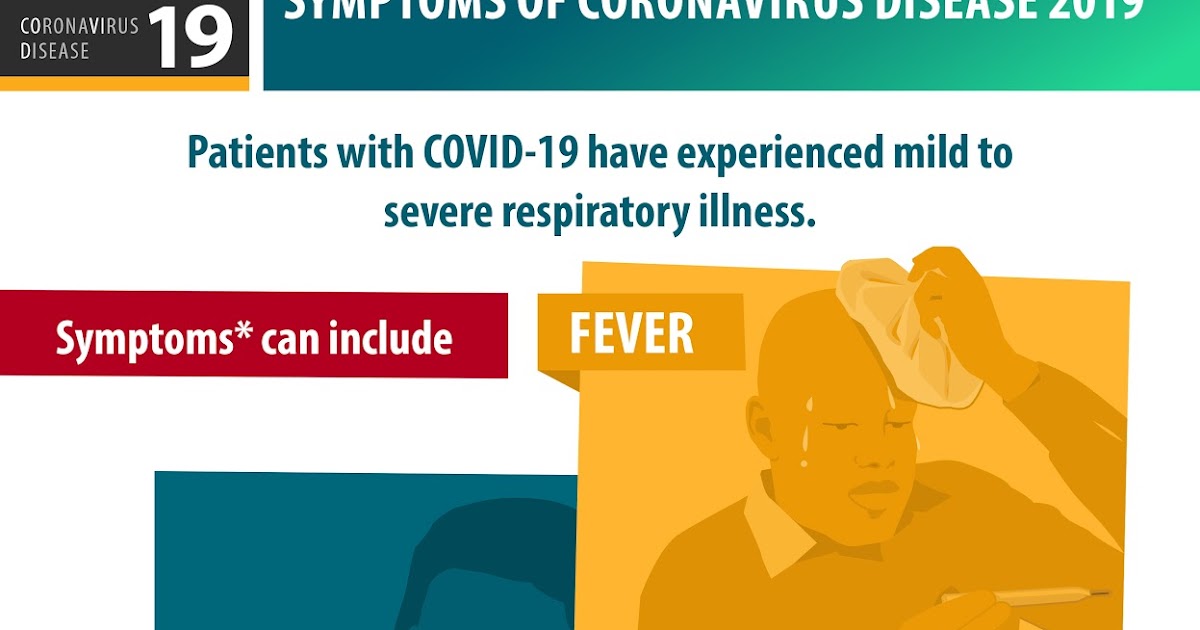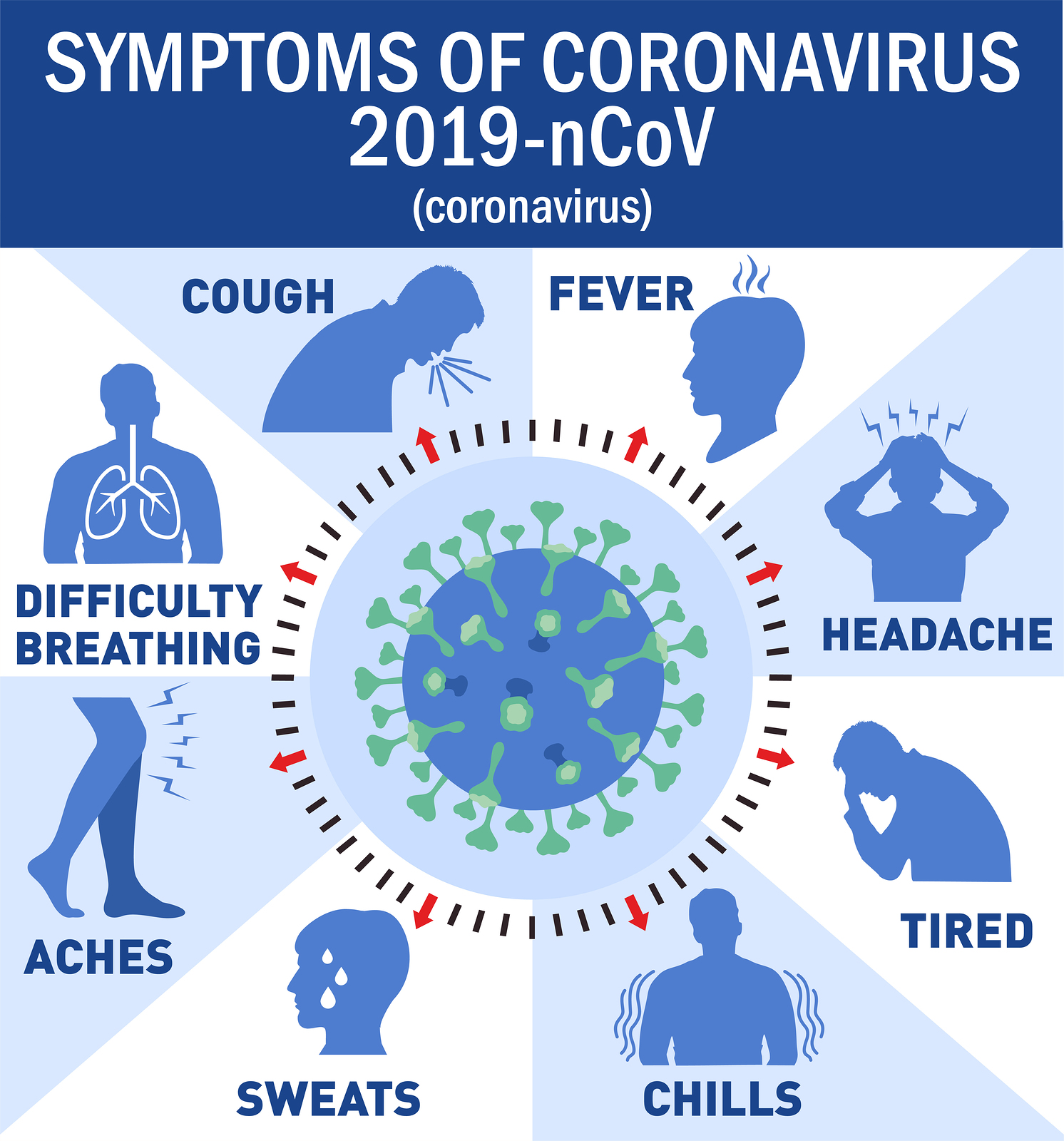

The virus can also spread if you touch a surface with the virus on it and then touch your mouth, nose or eyes. Sometimes the COVID-19 virus can spread when a person is exposed to very small droplets or aerosols that stay in the air for several minutes or hours - called airborne transmission. These droplets can be inhaled or land in the mouth, nose or eyes of a person nearby. The virus spreads by respiratory droplets released when someone with the virus coughs, sneezes, breathes, sings or talks. Data has shown that the COVID-19 virus spreads mainly from person to person among those in close contact. The virus that causes COVID-19 spreads easily among people. Infection with severe acute respiratory syndrome coronavirus 2, or SARS-CoV-2, causes coronavirus disease 2019 ( COVID-19). Let your health care provider know if you are an older adult or have chronic medical conditions, such as heart disease or lung disease, as you may have a greater risk of becoming seriously ill with COVID-19.
#Corona virus symptoms come and go skin#

If you need to go to a hospital, call ahead so that health care providers can take steps to ensure that others aren't exposed. If you have emergency COVID-19 symptoms, such as trouble breathing, seek care immediately. Your health care provider will likely recommend that you get tested for COVID-19. If you have COVID-19 signs or symptoms or you've been in contact with someone diagnosed with COVID-19, contact your health care provider right away for medical advice. Other medical conditions may increase your risk of serious illness from COVID-19. Brain and nervous system conditions, such as strokes.Weakened immune system from bone marrow transplant, HIV or some medications.Chronic lung diseases such as cystic fibrosis or pulmonary hypertension.Weakened immune system from solid organ transplants or bone marrow transplants.Chronic obstructive pulmonary disease (COPD).Serious heart diseases, such as heart failure, coronary artery disease or cardiomyopathy.Certain medical conditions that may increase the risk of serious illness from COVID-19 include: People who have existing medical conditions also may have a higher risk of serious illness. People who are older have a higher risk of serious illness from COVID-19, and the risk increases with age. Rarely, some adults experience the syndrome too. Some children experience multisystem inflammatory syndrome, a syndrome that can affect some organs and tissues, several weeks after having COVID-19. These health issues are sometimes called post- COVID-19 conditions. Some people experience COVID-19 symptoms for more than four weeks after they're diagnosed. Some people may experience worsened symptoms, such as worsened shortness of breath and pneumonia, about a week after symptoms start. Some people may have no symptoms at all, but can still spread it (asymptomatic transmission). Some people may have only a few symptoms. The severity of COVID-19 symptoms can range from very mild to severe. Children have similar symptoms to adults and generally have mild illness. Shortness of breath or difficulty breathing.Common signs and symptoms can include:Įarly symptoms of COVID-19 may include a loss of taste or smell.

You can still spread COVID-19 before you have symptoms (presymptomatic transmission). This time after exposure and before having symptoms is called the incubation period. Signs and symptoms of coronavirus disease 2019 (COVID-19) may appear 2 to 14 days after exposure.


 0 kommentar(er)
0 kommentar(er)
